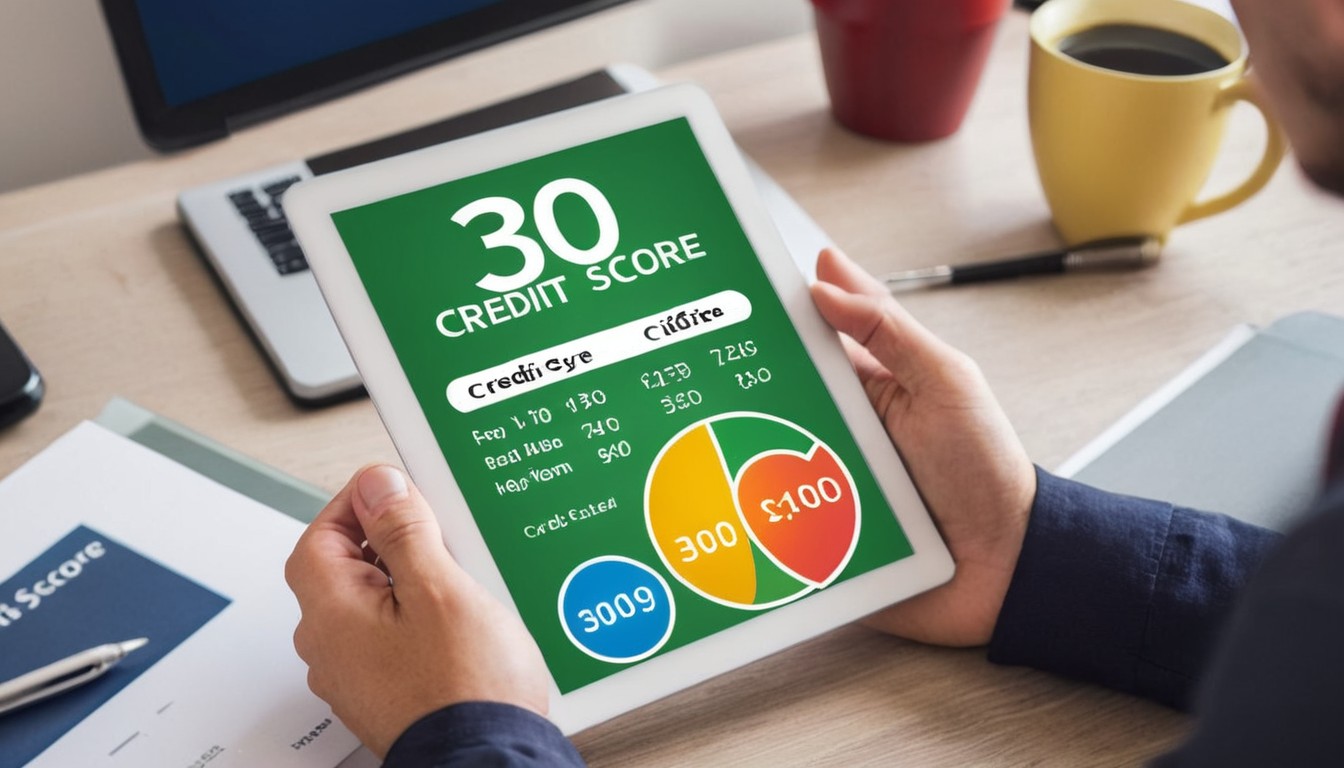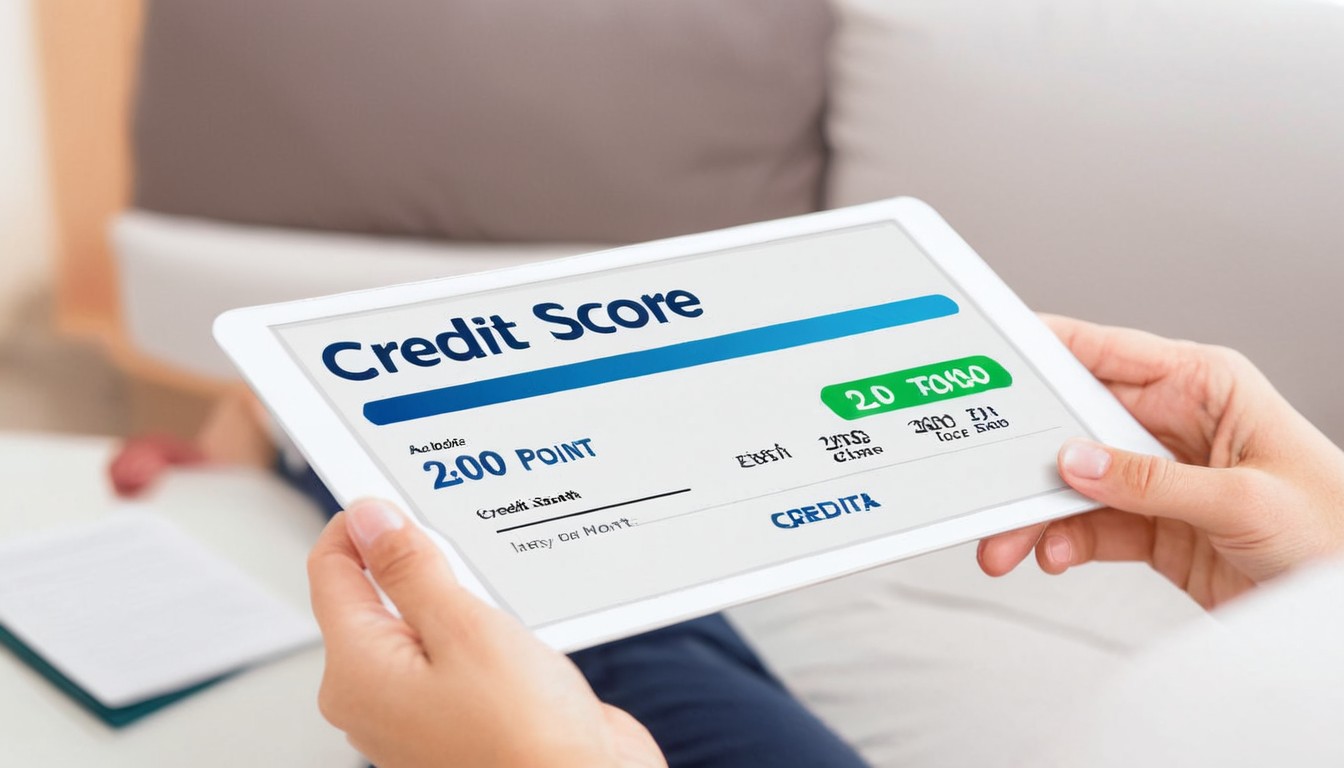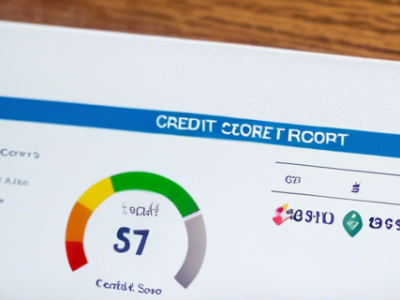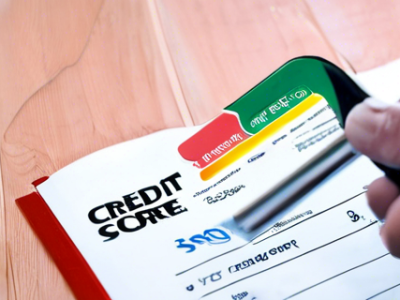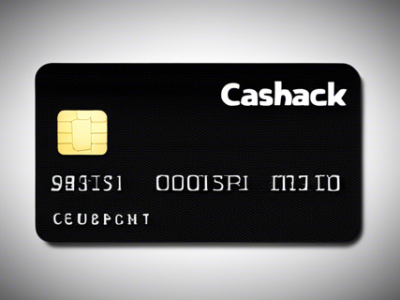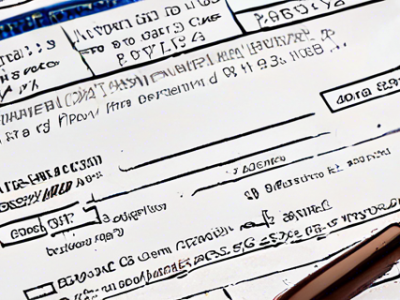How to Boost Your Credit Score in 30 Days

Boost Your Credit Score in 30 Days
Improving your credit score quickly can seem like a daunting task. However, with some determination and targeted effort over the course of a month, you can take concrete steps to boost your score. A higher score not only makes you eligible for better interest rates and financial products, but it also gives you peace of mind.
Understand What Impacts Your Credit Score

Boost Your Credit Score in 30 Days
Before diving into ways to increase your score, it’s important to understand what makes up this key financial metric. Your FICO or VantageScore credit scores are calculated from the information on your credit reports from the three major credit bureaus – Equifax, Experian, and TransUnion.
Payment History
The most significant factor, making up 35% of your score, is your history of paying bills and debts on time. Every late payment can negatively impact your ability to get approved for loans or credit cards.
Credit Utilization
The second biggest factor, accounting for 30%, is how much of your available credit you are using at any given time, also known as your credit utilization ratio. If your total credit card balances are close to your total credit limit, it can substantially drag down your score.
Credit Age
At 15%, credit age refers to the average length of time your accounts have been open. Having long-standing accounts demonstrates stability to potential lenders. Closing old accounts and opening many new ones in a short timeframe can hurt this factor.
Credit Mix
Making up 10% of your score, credit mix measures whether you have experience managing different types of credit, such as credit cards, retail accounts, installment loans, and mortgages.
New Credit
The final 10% relates to new credit inquiries and accounts recently opened. Applying for numerous new credit cards or loans in a short period flags risk to potential lenders.
Obtain Your Credit Reports

Boost Your Credit Score in 30 Days
The first step is to check your credit reports from Equifax, Experian and TransUnion to understand exactly where you stand. Under federal law, you are entitled to one free copy of your report annually from each bureau at annualcreditreport.com. Make sure all the information listed is accurate and work to correct any errors by contacting the bureaus. This alone can give your score an immediate bump.
You’ll also get your FICO score from each bureau. Different lenders use different bureau’s data, so check all three to understand the full picture.
Online tools from Discover and Experian also provide free credit scores and reports. For a small fee, MyFICO shows scores from all three bureaus. Tracking the scores over time is crucial to gauge if your efforts are working.
Improve Payment History
As payment history accounts for over a third of your score, dedicating focus here can really move the needle.
Pay Down Balances
Carrying debt month-to-month allows interest to accrue and increases the risk you’ll miss or be late on payments. Make a payment plan to aggressively pay down credit card and loan balances to below 30% of the limit. This can immediately lift your credit utilization and likelihood of timely payments.
Automate Finances
Set up automatic payments on loans, credit cards and bills from your checking account for at least the minimum due. This ensures you never miss crucial payment deadlines which lead to late fees and credit damage.
Deal With Collections
If you have outstanding debts in collections, address these first. Explore payment plans or settlements where they remove negative reporting after you pay a portion of the balance. Getting collectors to stop reporting delinquencies can provide a nice boost.
Limit New Accounts
Having new credit activity like loans or cards can signal risk and depress your score with hard credit inquiries and lower average account age. Avoid applying for additional credit unless essential.
Lower Your Utilization Ratio
With credit utilization accounting for 30% of your score, decreasing your ratio of balances to limits can really help your number.
Pay Off Cards In Full
Ideally, you pay your entire statement balances off in full every month to avoid interest charges. If that’s not possible right now, make it a goal to significantly pay down balances. Every percentage drop in utilization counts.
Balance Transfer to 0% APR
For large credit card balances, see if you qualify to transfer to a 0% APR promotional card. This paused interest accumulation allows much more to go to pay down principal. Watch for transfer fees.
Split Across Multiple Cards
If you have multiple cards, strategically allocate payments to keep all utilization below 30%. Avoid maxing any one card out even if you pay other cards off.
Increase Credit Limits
Call your card issuers and request an increased limit. Higher limits instantly decrease your utilization ratio without having to pay down as much debt. Just avoid spending more.
Improve Credit Mix
Lenders want to see you can manage different types of credit, not just credit cards. Having installment loans like car loans, mortgages and student debt in your name and in good standing builds positive credit mix.
Become an Authorized User
Ask close family or friends with long positive credit history to add you as an authorized user on their credit card. Their good standing reflects well on your credit reports.
Open Secured Installment Loan
Try opening a new credit builder loan or secured loan that reports to bureaus. Making on-time payments shows you handle installment credit responsibly over time.
Financial Piggybacking
If you have a relationship with someone very creditworthy, explore piggybacking to build your score. Add each other as authorized users on credit cards with long positive history and small balances.
Monitor and Dispute Inaccuracies
Incorrect negative entries on your credit reports can unfairly tank your score. Stay vigilant by checking reports frequently and disputing fraudulent or inaccurate accounts, late payments and other blemishes.
Enroll in Credit Monitoring
Sign up for free or paid credit monitoring services through Experian, Credit Karma or IdentityForce. They alert when changes occur to help catch errors and fraud. Some offer useful score simulators showing score impact of various financial moves.
Dispute Collections Treatment
If you have collections from an unpaid debt, always dispute directly with the agencies listed if you don’t believe it’s justified. Getting unverified collections removed raises your score.
Correct Report Errors
If you spot accounts that aren’t yours or mistakes like incorrect late payments, immediately inform the bureaus. Submit disputes through the CFPB online dispute tool. Stay persistent until fixed.
Avoid Closing Old Accounts
As credit age holds meaningful weight in your score, try keeping long-standing accounts open instead of closing them. Having established accounts demonstrates stability over time.
Use Old Cards Occasionally
To keep issuers from automatically closing dormant accounts, use your oldest credit cards at least a few times a year. You don’t need to carry balances, small grocery purchases prevent inactivity closure.
Don’t Close Collections
Even very old negative marks like collections continue impacting your score as long as they stay listed. Let these naturally fall off reports instead of negotiating pay-for-deletes.
Weigh Account Closure Carefully
Before closing extra accounts, weigh the credit age benefit against utilization risk. Keeping older accounts open preserves history, but can raise total limits boosting utilization.
Manage Hard Inquiries
Each application for new credit results in a hard inquiry on your report. Too many in a short span can indicate risk and depress your scores.
Minimize New Applications
Avoid applying for financing or credit cards you don’t absolutely need for the next few months. Every hard credit check can ding the new credit portion of your score temporarily.
Compare Rates Without Inquiries
Many lenders let you check pre-qualified rates with a soft pull that won’t impact your score. Compare mortgage, auto loans and credit card options this way first.
Dispute Excessive Inquiries
If you notice inquiries from applications that you didn’t initiate or pre-screened offers you never requested, dispute them. Removing invalid inquiries can give your new credit factor a bump.
Conclusion
Improving your credit score in 30 days is achievable with some work. The keys are checking your reports, reducing credit utilization, disputing errors, avoiding new applications and shoring up payment history. Stick to addressing these areas over the month by paying down balances, automating payments and monitoring your score. With diligence and financial prudence, you can see your credit numbers climb.
Frequently Asked Questions
What is the fastest way to increase credit score?
The fastest ways to increase your credit score are paying down high credit card balances to lower your credit utilization ratio, setting up automatic payments so you never miss payment deadlines, and correcting any errors on your credit reports.
How can I raise my credit score 50 points in 30 days?
To raise your credit score 50 points in 30 days, focus on paying credit
card balances down to decrease your credit utilization ratio, automating minimum payments on bills and loans to avoid any late payments, becoming an authorized user on a long-standing credit card account in good standing, and disputing any errors or fraudulent accounts listed on your credit reports. Checking all three credit reports and monitoring your score daily allows you to gauge impact of these moves.
What credit cards help rebuild your credit?
Some good credit cards to help rebuild damaged credit are secured credit cards like Capital One Secured Mastercard and Discover It Secured Card which require refundable security deposits. Store credit cards like the Target RedCard or credit builder loans can also help improve poor credit through responsible use.
Can credit score drop for no reason?
Yes, your credit score can drop for no apparent reason even if your credit activity hasn’t changed. Contributing factors may be changes to your credit utilization on existing cards based on statement timing. Hard inquiries from background credit checks, shifting credit age as new accounts open, or score calculation tweaks can also cause dips.
How long does it take to rebuild credit from scratch?
Rebuilding credit from scratch with no current credit profile usually takes about 6 months to establish starter credit history, and 2 years of responsible credit management to achieve a “good” score in the low 700s. Obtain secured cards, pay balances on time and keep utilization low. Limit credit applications once initial history exists.

